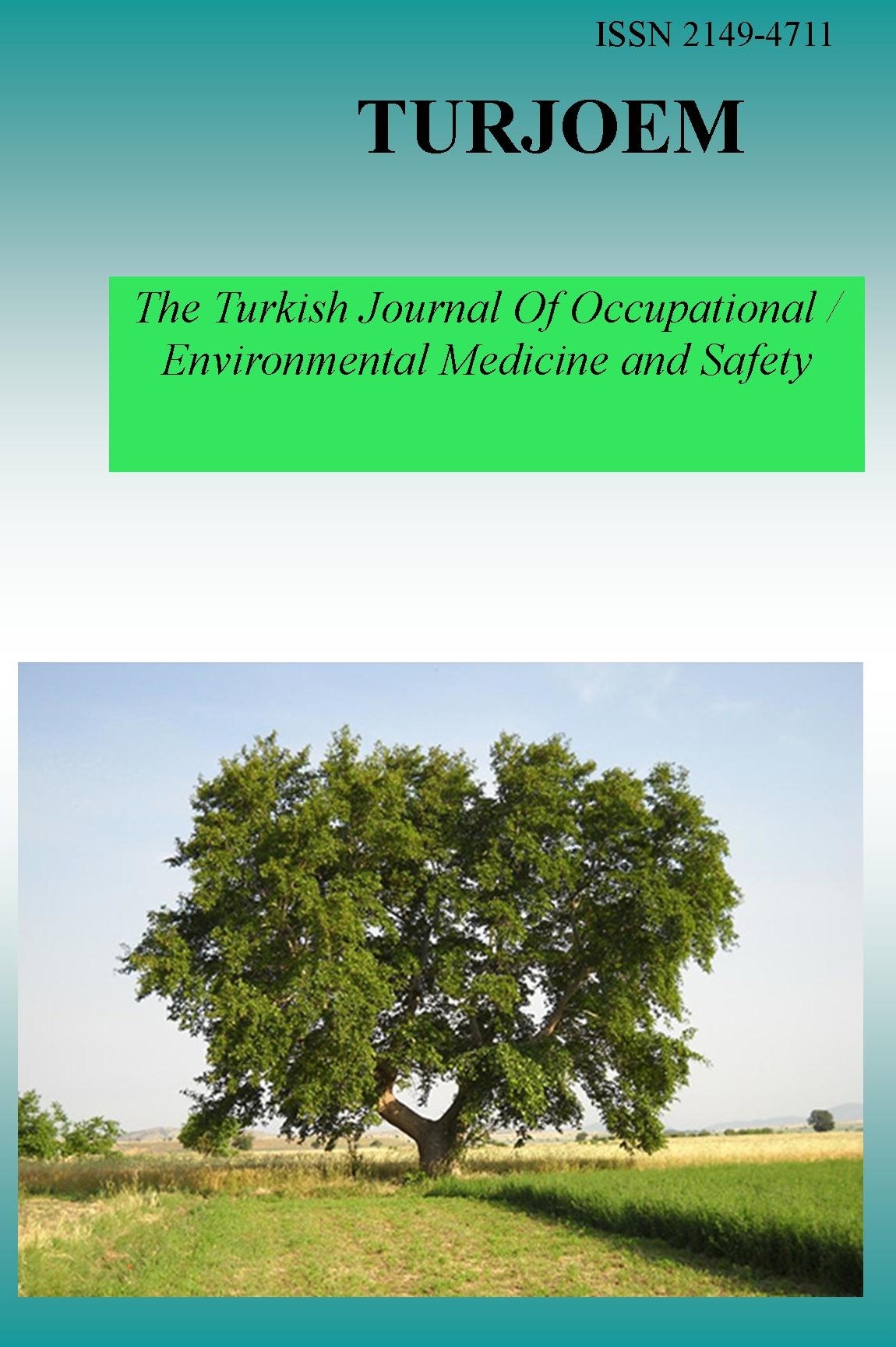SUBCHRONIC TOXICITY OF HEAT-INDUCED FOOD CONTAMINANT ACROLEIN IN HEMATOLOGICAL PARAMETERS AND HORMONE LEVELS IN PREPUBERTAL MALE RATS
SUBCHRONIC TOXICITY OF HEAT-INDUCED FOOD CONTAMINANT ACROLEIN IN HEMATOLOGICAL PARAMETERS AND HORMONE LEVELS IN PREPUBERTAL MALE RATS
___
- Elif KARACAOĞLU, Güldeniz SELMANOĞLU, Gökçen MÜLAYIMÇELIK ÖZGÜN
- Hacettepe University, Faculty of Science, Department of Biology, 06800, Beytepe, Ankara, TURKEY
- ISSN: 2149-4711
- Başlangıç: 2015
- Yayıncı: Engin TUTKUN
POLLUTION CAUSED BY INDUSTRY AND HEALT EFFECTS
CRIME SCENE INVESTIGATION: MITES
GENOTOXICITY OF MERCURY COMPOUNDS
Bayram YÜKSEL, Arzu EROĞLU, Zeliha KAYAALTI
GENOTOXIC EFFECTS OF SILICON DIOXIDE NANOPARTICLES IN ALLIUM CEPA
Özlem ÇALBAY, Fatma ÜNAL, Zekiye SULUDERE, Deniz YÜZBAŞIOĞLU
THE APOPTOTIC EFFECT OF SILIBININ ON TCC-SUB AND RT-4 HUMAN BLADDER CANCER CELLS
Dilek BAYRAM, Meltem ÖZGÖÇMEN, İlkay ARMAĞAN, Mustafa GÜNEŞ
Özlem DEMİRCİ, Nurcan DOĞAN BİNGÖLBALI, Murat KIZIL
PROTECTING HUMAN HEALTH AND ENVIRONMENT FROM CHEMICALS – WHO REGIONAL OFFICE FOR EUROPE PERSPECTIVE
GENOTOXICAND CYTOTOXICITY EFFECTS OF INDOXACARB INSECTICIDE ON LACTUCASATIVA L.PLANT
Bahar GÖK, Neslihan DEMIR, Pınar GÖK
MINERAL AND HEAVY METAL CONTENT OF CHINA AND TAŞKÖPRÜ GARLIC (Allium sativum L.)
Hilal YILDIZ, Ayla ARSLANER, Özlem ÇAKIR
Yasemin KARTAL, Zeliha KAYAALTI, Dilek Kaya- AKYÜZLÜ, Fezile ÖZDEMİR, Tülin SÖYLEMEZOĞLU
